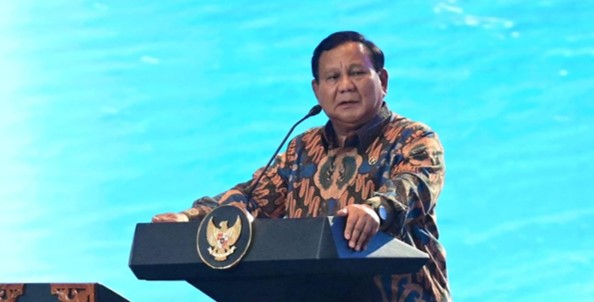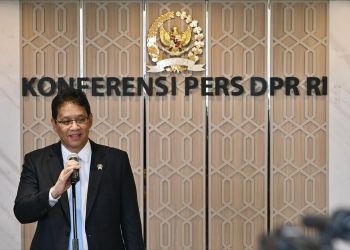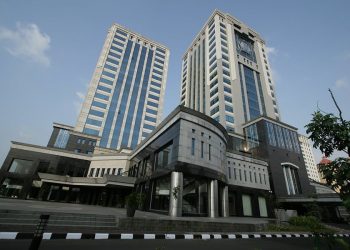Jakarta, Indonesia Sentinel — Indonesia and Malaysia have agreed to jointly develop the resource-rich Ambalat Block, a disputed maritime area in the Sulawesi Sea, marking a significant step forward in easing long-standing territorial tensions between the two neighbors.
The announcement was made by Indonesian President Prabowo Subianto during a joint press conference with Malaysian Prime Minister Anwar Ibrahim at the Merdeka Palace in Jakarta on Friday, June 27, 2025.
“We agreed that while technical issues surrounding border matters may still require time, both sides are committed to finding mutually beneficial solutions,” Prabowo said, as broadcast on the Presidential Secretariat’s official YouTube channel.
“As an example, on the Ambalat issue, we have agreed to begin economic cooperation through what we call ‘joint development,’ even as we continue to work out legal matters,” he added.
Prabowo explained that the joint development initiative would allow both countries to collaboratively exploit the natural resources found in the Ambalat maritime area.
“Whatever we find in these waters, we will explore and develop it together. Our goal is to act in the best interests of our nations and our people,” he stated.
The Ambalat Block, located in the Sulawesi Sea near the Makassar Strait, is believed to hold substantial oil and gas reserves, with potential production lasting up to 30 years. The area has long been the subject of overlapping territorial claims between Indonesia and Malaysia.
The dispute traces back to 1969 when both countries conducted seabed research to determine their respective continental shelves and exclusive economic zones. Under the original agreement, the Ambalat Block fell within Indonesian territory.
However, in 1979, Malaysia released a new map unilaterally incorporating Ambalat into its maritime boundaries—prompting strong objections from Indonesia, which rejected the map outright. The revised map was also contested by other Southeast Asian nations including the Philippines, Singapore, Thailand, China, and Vietnam, who viewed it as an expansionist move.
Tensions escalated as Malaysia began apprehending Indonesian fishermen in contested areas, and Malaysian patrol vessels frequently crossed into waters claimed by Indonesia, asserting them as part of Malaysian territory.
Read Also:
Indonesia Investigates Environmental Damage from Nickel Mining in Raja Ampat
Malaysia’s claims have been based on an archipelagic baseline drawn from the islands of Sipadan and Ligitan, which were awarded to Malaysia by the International Court of Justice in 2002. Kuala Lumpur argues that each island is entitled to its own territorial sea, exclusive economic zone, and continental shelf.
Indonesia rejects this rationale, asserting that the legal framework governing continental shelf boundaries does not recognize small islands as valid base points for measuring extended maritime zones. Moreover, Indonesia maintains that Malaysia, as a coastal rather than an archipelagic state, cannot legally draw baselines from offshore islands such as Sipadan and Ligitan.
Jakarta’s position is reinforced by the 1982 United Nations Convention on the Law of the Sea (UNCLOS), ratified by both nations, under which the Ambalat Block is considered part of Indonesian territory.
(Raidi/Agung)


























